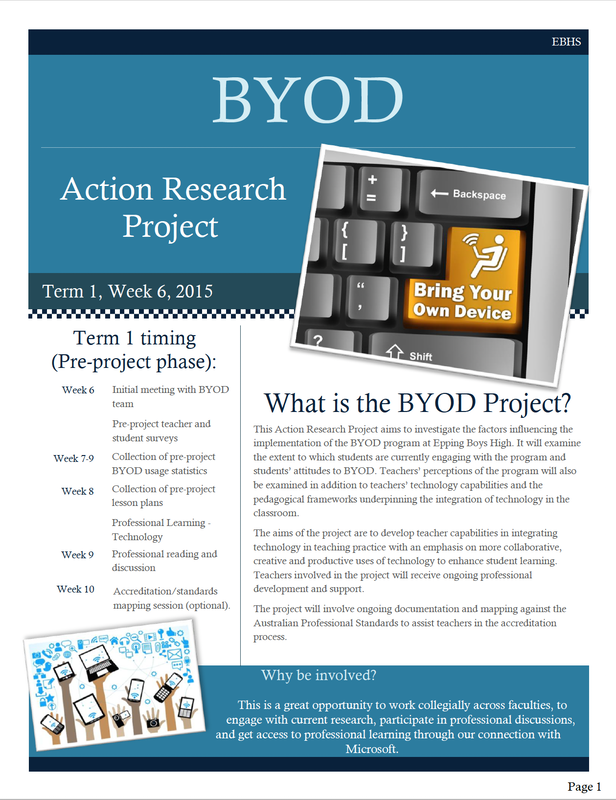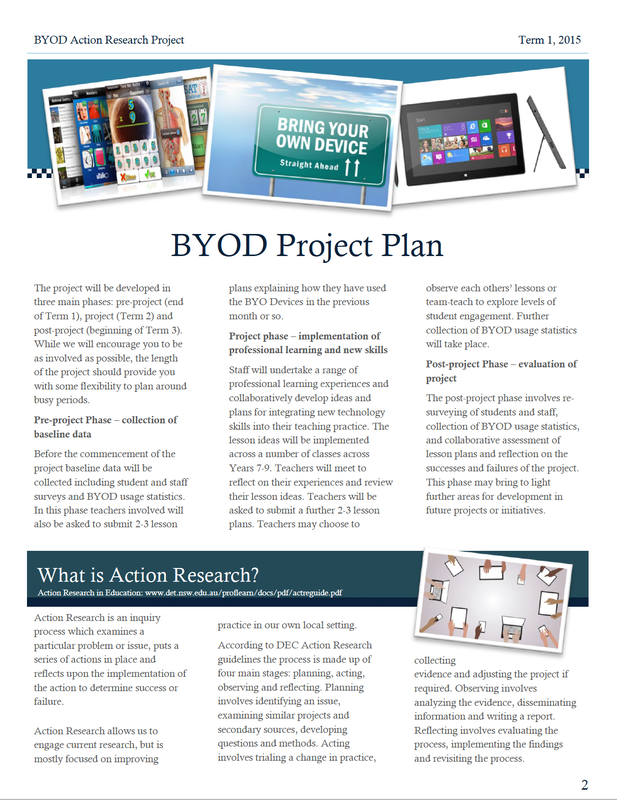|
Australian Economics and Business Studies Competition
Registration is open for the UNSW Business School Australian Economics Competition and the UNSW Business School Australian Business Studies Competition. Registrations closes April 3. Both competitions are made up of 40 multiple choice questions and have both junior (Year 11 and under) and senior divisions. All participant receive a certificate and there are also cash prizes available for top scorers. The competition might be a good opportunity to challenge Year 10 Commerce students. The UNSW Business School Australian Economics Competition will run Thursday, 7th May 2015 The UNSW Business School Australian Business Studies Competition will run Thursday, 14th May 2015 Link: Australian Economics and Business Studies Competition The Australian Geography Competition Registration is also open for the Australian Geography Competition. It closes February 27. There are three grades for this competition - junior (13 and under), intermediate (14-15) and senior (16-18). Ages is based on students' age at 31 August 2015.The competition consists of multiple choice questions, students receive certificates for entry and top scorers are selected from each state to attend Geography's Big Week Out. The competition takes place between Monday 23 March and Wednesday 1 April. Links: The Australian Geography Competition Geography's Big Week Out
0 Comments
The project was explained to teachers as an opportunity to identify an issues impacting education, undertake some basic research into the issues and different approaches to it, develop strategies to address it and to implement the strategies. A rough plan for the year was set out, and the philosophy of the approach was explored.
Teachers were provided with a range of different levels of involvement that they could opt into, so that they could choose to whether they just wanted to be kept informed, or to be an integral part of the project. Over the next year or so the Middle School Team at Epping Boys High School will be undertaking action research on the implementation of BYOD and teacher capacity to implement it effectively. It will be run with a small group of volunteer teachers with strategies implemented in some of their classes.
This Action Research Project aims to investigate the factors influencing the implementation of the BYOD program at Epping Boys High. It will examine the extent to which students are currently engaging with the program and students’ attitudes to BYOD. Teachers’ perceptions of the program will also be examined in addition to teachers’ technology capabilities and the pedagogical frameworks underpinning the integration of technology in the classroom. The aims of the project are to develop teacher capabilities in integrating technology in teaching practice with an emphasis on more collaborative, creative and productive uses of technology to enhance student learning. Teachers involved in the project will receive ongoing professional development and support. The project will involve ongoing documentation and mapping against the Australian Professional Standards to assist teachers in the accreditation process. Project Plan The project will be developed in three main phases: pre-project, project, and post-project. Pre-project Phase – collection of baseline data Before the commencement of the project baseline data will be collected including student and staff surveys and BYOD usage statistics. In this phase teachers involved will be asked to submit 2-3 lesson plans explaining how they have used the BYO Devices in the previous month or so. Student focus groups will be run. Project phase – implementation of professional learning and new skills Staff will undertake a range of professional learning experiences and collaboratively develop ideas and plans for integrating new technology skills into their teaching practice. The lesson ideas will be implemented across a number of classes across Years 7-9. Teachers will meet to reflect on their experiences and review their lesson ideas. Teachers will be asked to submit a further 2-3 lesson plans. Teachers may choose to observe each others’ lessons or team-teach to explore levels of student engagement. Post-project Phase – evaluation of project The post-project phase involves re-surveying of students and staff, collection of BYOD usage statistics, and collaborative assessment of lesson plans and reflection on the successes and failures of the project. This phase may bring to light further areas for development in future projects or initiatives. Relevant Research Some suggestions: Bloom's Digital Taxonomy High Possibility Classrooms: a new model of technology integration for schools Technological Pedagogical Content Knowledge: A Framework for Teacher Knowledge Mobile Technologies and Learning literature review http://acec2014.acce.edu.au/sites/2014/files/ACEC2014%20Conference%20Proceedings%20Last.pdf http://www.futurelab.org.uk/resources |
Categories
All
Archives
May 2024
|



